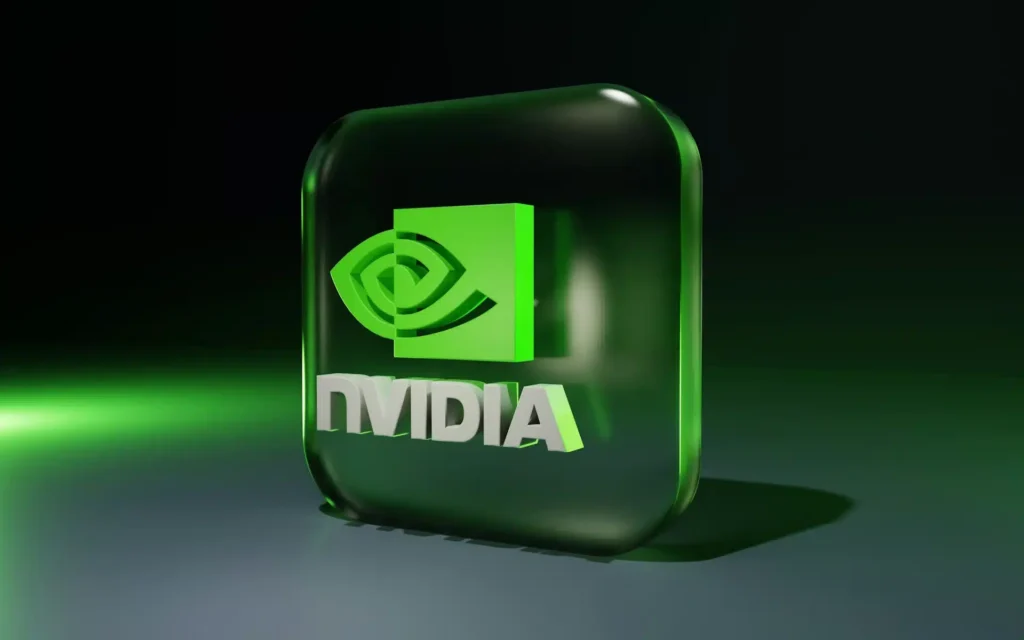
China’s top cybersecurity authority, the Cyberspace Administration of China (CAC), has officially summoned representatives from Nvidia to address alleged security vulnerabilities in its AI chips sold in the country. The specific focus is on Nvidia H20 chips, a custom version designed for the Chinese market amid strict U.S. export controls.
The CAC announced that it had raised concerns with Nvidia over potential “backdoor security risks” embedded in the Nvidia H20 chips. Chinese regulators are demanding an explanation from the U.S. tech giant, along with supporting documentation detailing any vulnerabilities or embedded tracking capabilities.
The CAC’s statement, posted on official social media channels, cited U.S. expert opinions indicating that location tracking and remote shutdown features for Nvidia chips “are already matured” and could pose a national security risk.
The H20 Chip: A Workaround for U.S. Export Restrictions
The Nvidia H20 chips were developed as a toned-down version of Nvidia’s high-performance AI processors. These were intended to comply with restrictions imposed by the U.S. government, which has barred the export of certain advanced chips to China due to national security concerns. Nvidia recently announced that it would resume H20 sales in China after U.S. authorities signaled a softening of the licensing requirements that had previously halted exports, reported The Wall Street Journal.
U.S. Lawmakers Push for Stricter Controls
Despite the resumption of sales, Nvidia is not free from scrutiny on the home front. U.S. lawmakers are currently pushing for legislation that would require AI chipmakers, including Nvidia, to embed location tracking technology in their products to monitor their use overseas. This proposed requirement is raising concerns in China and adding pressure on Nvidia, which is attempting to maintain compliance with both governments while sustaining its massive presence in the Chinese market.
Nvidia Reaffirms Commitment to the Chinese Market
Nvidia CEO Jensen Huang traveled to Beijing earlier this month in a bid to reassure Chinese stakeholders. During his visit, Huang stated that local officials conveyed a message of stability and openness. “They want to know that Nvidia continues to invest here, that we are still doing our best to serve the market here,” he said, as reported by The Hindu.
China’s Shift Toward Domestic Alternatives
The CAC’s move to summon Nvidia may also be part of China’s broader strategy to reduce dependence on foreign technology. President Xi Jinping has repeatedly stressed the importance of self-reliance in strategically critical sectors such as AI and semiconductors. In line with this vision, Chinese authorities are promoting alternatives like Huawei’s 910C chip to compete directly with foreign-made processors such as the Nvidia H20 chips.
Nvidia’s challenges in China come amid broader economic issues facing the country, including a prolonged property market crisis and increased trade headwinds that have persisted since the Trump administration. The latest developments reflect how Nvidia and other global tech firms are caught in the crossfire of a digital cold war between two superpowers.
Conclusion
Despite its recent milestone of hitting a $4 trillion market valuation, Nvidia is facing mounting pressure on both geopolitical and regulatory fronts. Ongoing scrutiny from U.S. lawmakers and the Cyberspace Administration of China over the security of its H20 chips has raised new challenges for the company’s operations in China. The situation reflects broader tensions between Washington and Beijing, as both governments tighten their grip on key technologies and digital infrastructure.
Source: Read More


